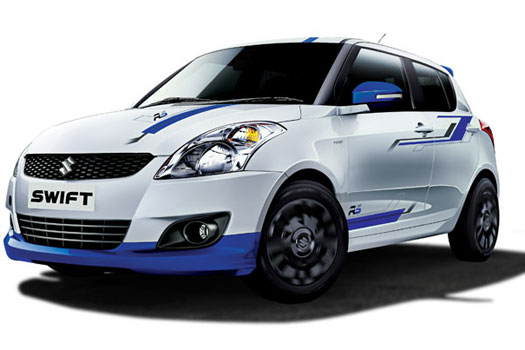 Bangalore, Nov 4: The frequency of car recalls by Indian makers has increased in recent times. Many such recalls have been for faulty systems that are critical to safety of the passenger.
Bangalore, Nov 4: The frequency of car recalls by Indian makers has increased in recent times. Many such recalls have been for faulty systems that are critical to safety of the passenger.
Now, an independent crash test by a global car crash test watchdog, Global NCAP, has revealed that one of India"s most popular and high selling cars, the Maruti Suzuki Swift is unsafe in many aspects as it failed to fulfil basic safety parameters; raising the question of car safety standards in India.
Considered one of the biggest small car markets in the world, Indian small cars have been found to be lacking in safety features like airbags and anti-lock braking system (ABS), which are available as "optional features" and not standard fitting like other developed markets of the world.
The Swift got a zero rating (adult protection) at 64 kmph frontal collision. Even the structural integrity was said to be unstable, it was reported.
However, the Latin American export version got a 3-star rating due to mandatory airbags and ABS features.
The Swift is one of the top 5 rated cars in India this year. Even the Datsun Go, which competes in the small segment here, is reported to have fared badly with the body shell disintegrating and the test dummies sustaining fatal injuries.
The Swift and Datsun Go failed in independent tests. The watchdog (in January 2014) had found other small cars to be lacking in safety features include Alto 800, Ford Figo, Hyundai i10 and the Volkswagen Polo which are popular in India.
“India is now a major global market and production centre for small cars, so it"s worrying to see levels of safety that are 20 years behind the five-star standards now common in Europe and North America,” Max Mosley, Chairman of Global NCAP had said in February 2014.





Comments
Add new comment